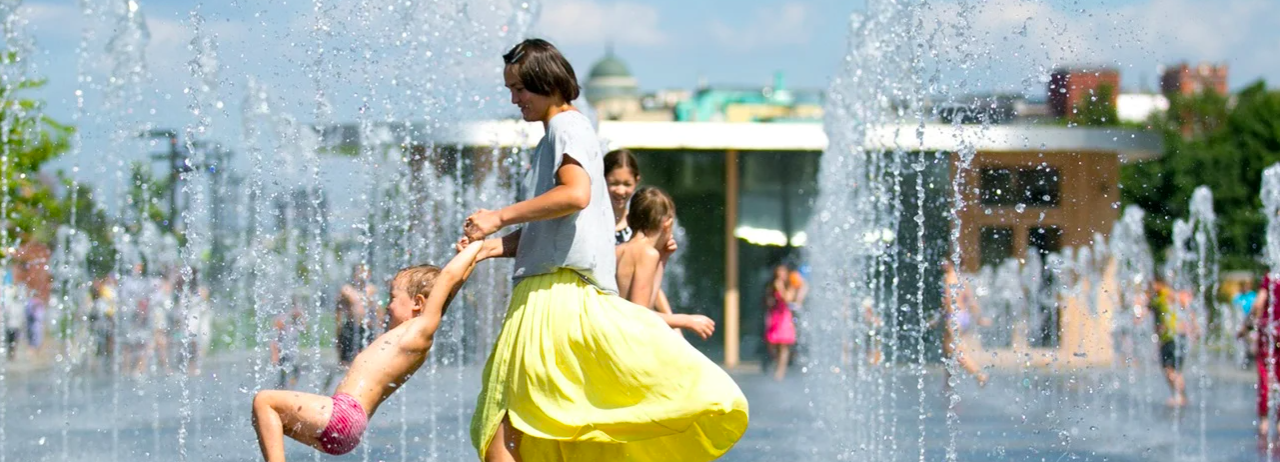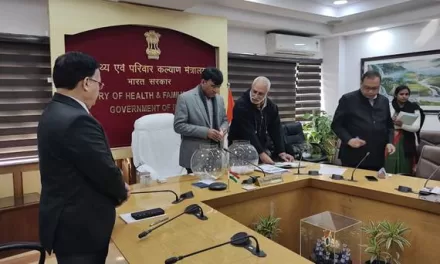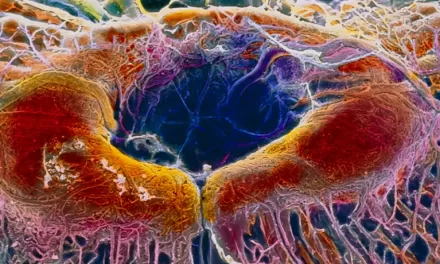“Water bridges the gap between peace and prosperity,” said Dr Maria Neira, Director, Department of Environment, Climate Change and Health. “On this World Water Day, let’s harness its power to foster global harmony and health. Safe water and sanitation are not just life-savers; they’re peacemakers in our quest for a healthier, more peaceful world.”
Published today, the United Nations world water development report 2024 presents the ever-increasing evidence of how water can truly underpin prosperity and serve as an instrument of peace. The report notes that rivers, tributaries, lakes and aquifers know no borders. For this reason, over the years, water management has more often been a source of cooperation than one of confrontation.
Cooperation is necessary to harness water as a means of building peace and security. At the local and national level, different water users – particularly water and sanitation utilities, energy, food and industry – must cooperate through an integrated water resources management approach. The health sector can further integrate water, sanitation and hygiene-based guidance. Internationally, countries should form agreements and institutions for peaceful transboundary water management, including adhering to conventions like the United Nations Water and Watercourses Convention.
Cooperation not only paves the way for peace but also propels progress toward the Sustainable Development Goals. By prioritizing cooperation and sustainable management of water resources, the world can transform water from a potential source of conflict into a catalyst for peace, stability and prosperity, even amid challenges like climate change, mass migration and political unrest.












